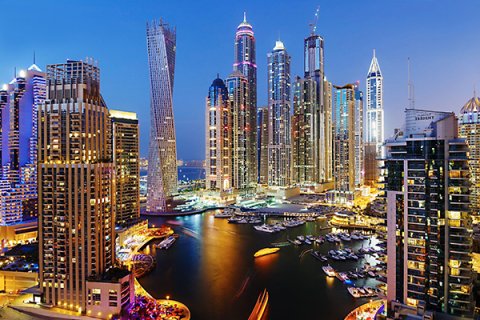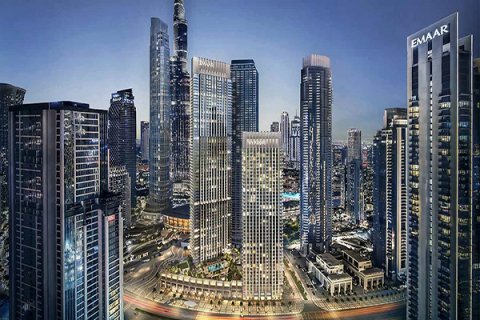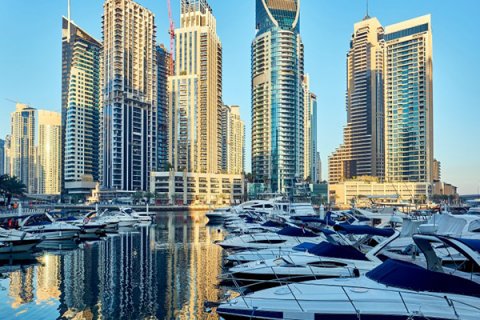In the light of geopolitical changes in the world, changes are also taking place in those countries that are not directly involved in ongoing conflicts. How is the Dubai real estate market changing?
Results of the second quarter of 2022
Dubai’s residential apartment sector recorded sales of AED 29 billion, which is 50% more than in the second quarter of 2021. Sales of residential villas in Dubai amounted to AED17.8 billion, which is 33% more than in the same period of 2021. Business offices in the emirate recorded sales of AED1.3 billion, which is 8.5% more than in the second quarter of 2021. Land sales amounted to AED 11 billion, which is 57.5% more than in the second quarter of 2021. All results are published according to DXBinteract data.
Given global, regional, and local trends, Dubai’s real estate market is likely to continue to grow in late 2022 and 2023, as opposed to a downturn in the US and EU markets.
Dubai’s strong economy in second quarter 2022
All criteria can be divided into three categories — global, regional and local.
Global:
- Unstable EU market;
- Weakened property market in the USA.
Regional (federal):
- Strong GCC market with rising oil prices.
- Large government spending: in June 2022, the UAE federal government announced its goal to increase the federal budget by AED 1.23 billion, or $335 million. Although the federal budget is part of the state budget of Dubai and Abu Dhabi, and each has its own state budget, this remains a strong sign of a strong economy.
Local micro-level across Dubai:
- Strong influx of super-rich investors willing to live and invest in Dubai.
- Strong purchasing power in the category of non-mortgage purchases.
- Transparent real estate market data.
- Not inflated real estate prices are competitive prices at the level of 2014 for most of the residential apartment market.
- Competitive tax environment.
- World-class infrastructure.
- Attractive rental income.
- Business opportunities.





